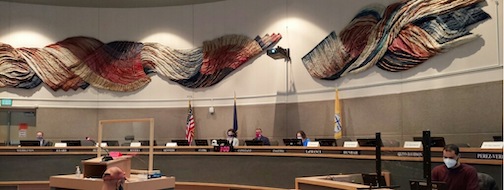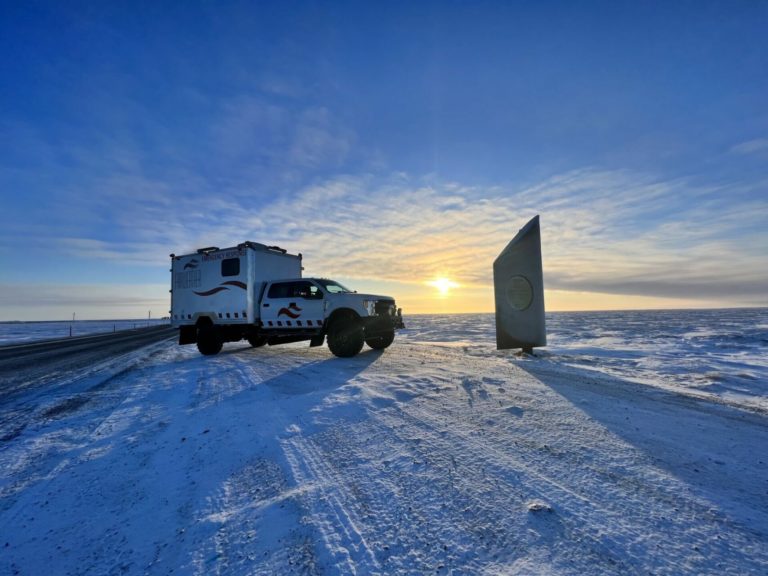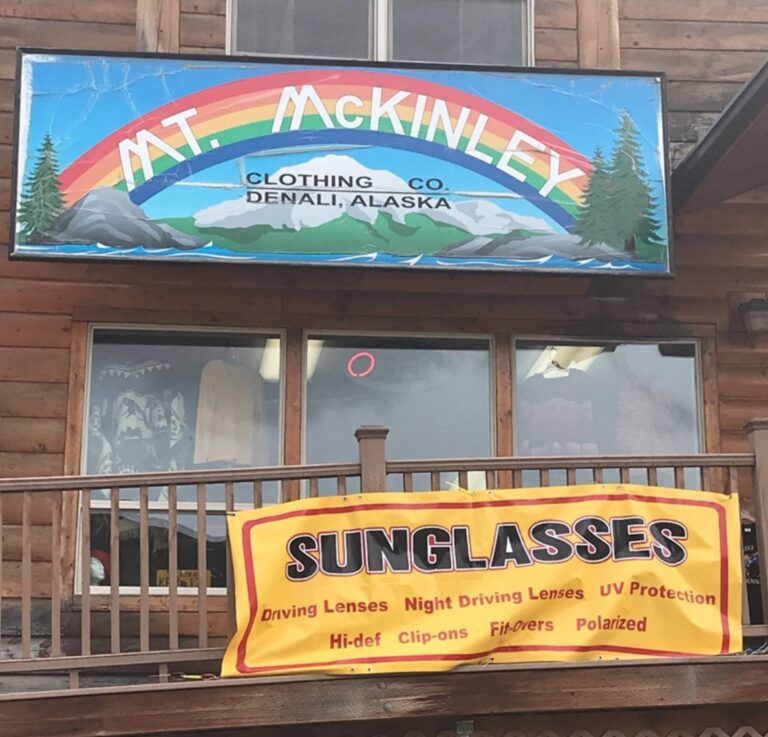Anchorage Assembly members promoting a radical ordinance that will pack single-family neighborhoods across the city with HUD housing and other multi-family dwellings are trying to walk back the motivation for their plan. That original ordinance said which increasing density would improve the quality of life in the city.
A hearing is set for Tuesday at the regular Assembly meeting that starts at 5 pm in the ground floor meeting room of the Loussac Library.
The draft ordinance mentions “density” as an aspiration 13 times in the first two pages, but a new version that will be considered at Tuesday’s Assembly meeting have substituted the word “density” with “simplifying.” The following is an example of the sneak changes under way:

The proposed changes did not come with the required Assembly Memorandum, which is meant to explain substantive changes to an ordinance or resolution. The proposed changed document is, in essence, incomplete.
The proposed ordinance will incentivize builders to maximize density on any vacant property.
The original AO is at this link.
The stealth-changed document is at this link.
Critics say that the AO 2023-66 has become a sneaky document, trying to fool residents into thinking that simplifying zoning is good government, when in fact the impacts on taxpayers is likely to be profound.
In addition, the Assembly is planning to pass the ordinance and say it is just to start the process and that the details will be ironed out in the future.
In other words, they plan to pass it so the public can then find out what is in it.
The way the ordinance is written, all the community councils are cut out of the process.
The delay in implementation also gives the Assembly the time to change other documents, such as the 2040 land use plan or the 2020 comprehensive plan, to make those legal documents more in line with the density ordinance that the Assembly is now pushing.
The meeting begins at 5 pm at the ground floor meeting room of the Loussac Library. The item is currently listed as 14D on the agenda, but the Assembly could change the order of business.









